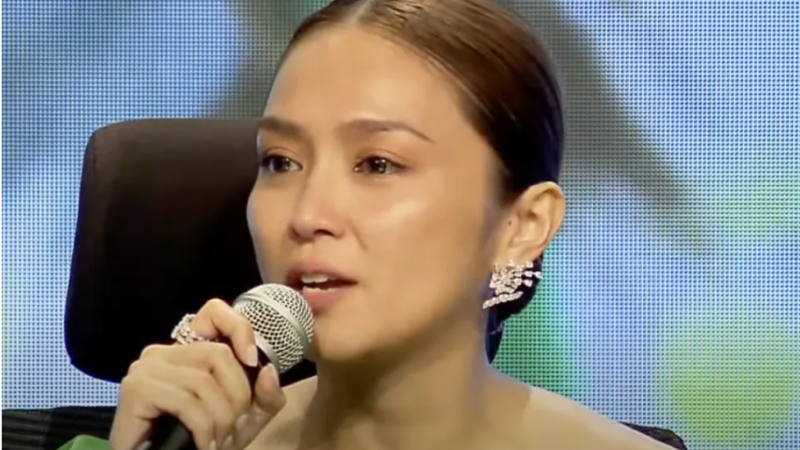Caitlin Clark was harassed while she was at the beach with two teammates at…

Caitlin Clark, the standout guard for the University of Iowa women’s basketball team, has recently made headlines not just for her remarkable talent on the court but also for an unfortunate incident that occurred while she was enjoying a day at the beach with two of her teammates. This incident highlights ongoing issues regarding the treatment of female athletes in public spaces and raises important questions about respect and accountability.
While enjoying a well-deserved break, Caitlin and her teammates faced harassment from a group of individuals who failed to recognize the importance of boundaries and respect. This encounter was not just an isolated incident; it reflects a broader culture where female athletes are often objectified and scrutinized in ways that their male counterparts typically are not. Caitlin’s experience at the beach serves as a stark reminder of the challenges that women in sports continue to face, even in their personal time.
The harassment Caitlin encountered underscores the need for a shift in societal attitudes towards female athletes. These women work tirelessly, dedicating countless hours to their sport, and they deserve to enjoy their personal lives without fear of being approached inappropriately. The fact that Caitlin, who has garnered national attention for her incredible skills and sportsmanship, became a target for harassment is disheartening and calls for a collective response from fans, media, and sports organizations.
Caitlin Clark’s story is not just about her experience; it is about fostering an environment where women feel safe and respected, both on and off the court. Female athletes often serve as role models for young girls, inspiring them to pursue their passions in sports and beyond. However, when these athletes face harassment, it sends a discouraging message to aspiring players and fans alike. It suggests that even in their moments of leisure, women in sports are not afforded the same respect as their male peers.
The incident also opens the door for discussions on how society can better support female athletes. Education around consent, respect, and boundaries is crucial, not only within the sports community but also among the general public. Social media campaigns, awareness programs, and community discussions can play significant roles in changing the narrative and ensuring that all athletes, regardless of gender, are treated with dignity.
Moreover, it’s vital for sports organizations to take a stand against harassment. They can implement policies that promote respectful behavior towards athletes and provide resources for those who experience harassment. By creating a culture of accountability, organizations can help protect their athletes and promote a positive atmosphere in sports.
Caitlin Clark’s experience serves as a wake-up call for all of us. It is a reminder that the fight against harassment in sports is ongoing and requires a united effort from everyone involved—fans, athletes, and institutions. We must strive to create a world where female athletes can shine both in their professional and personal lives without facing undue harassment. By addressing these issues head-on, we can work towards a future where respect and equality are the norms, allowing female athletes like Caitlin Clark to thrive both on the court and off.





